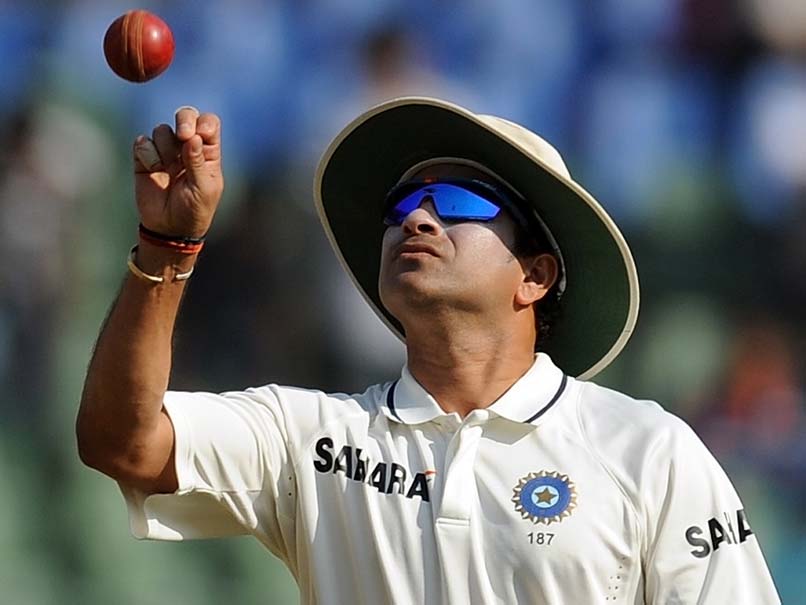Sachin Tendulkar Test Debut: This Day, That Year
Sachin Tendulkar made his Test debut against Pakistan at Karachi on November 15, 1989.
- Written by Sylvester Tamang
- Updated: November 15, 2017 01:54 pm IST

Highlights
-
Tendulkar made his Test debut on November 15, 1989
-
He debuted against Pakistan and India drew that match
-
He announced his retirement on November 16, 2013
Sachin Tendulkar became known to the international cricketing fraternity on this day, November 15, in 1989, when a short, curly-haired boy from India made his Test debut against Pakistan in Karachi. Tendulkar went on to rule the game for the next 22 years earning a demigod status in the process. There was palpable excitement whenever he came in to bat and equal sorrow when he got out. The little boy was rechristened and fondly called 'Master Blaster'. He ended up amassing a whopping 15921 runs in record 200 Test matches at an impressive batting average of 53.79. He broke records at will and is the only man in history to get to 100 international centuries.
In his career spanning two decades, he has achieved everything including the 2011 ICC Cricket World Cup which India lifted on their home turf.
Going back to his debut Test against the then-mighty Pakistan boasting the likes of Imran Khan, Wasim Akram and Waqar Younis, Tendulkar came to bat at number 6 with India reeling at 41/4 in reply to Pakistan's first innings score of 409.
Another debutant, Pakistan's Waqar Younis, sent Tendulkar back to the pavilion for 15 runs. His 32-run partnership with Mohammad Azharuddin stalled India's fall of wickets.
India were all-out for 262 in the first innings with pacers Wasim and Waqar taking four wickets each. Pakistan declared at 305/5 in their second inning.
Sanjay Manjrekar's knock of 113 coupled with Navjot Singh Sidhu's gritty 85 helped India save the Test and salvage a draw.
Tendulkar called time on his glorious career when he announced his retirement on November 16, 2013, after playing his 200th Test match, against the West Indies in Mumbai's Wankhede Stadium.
